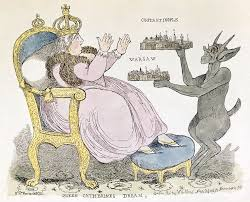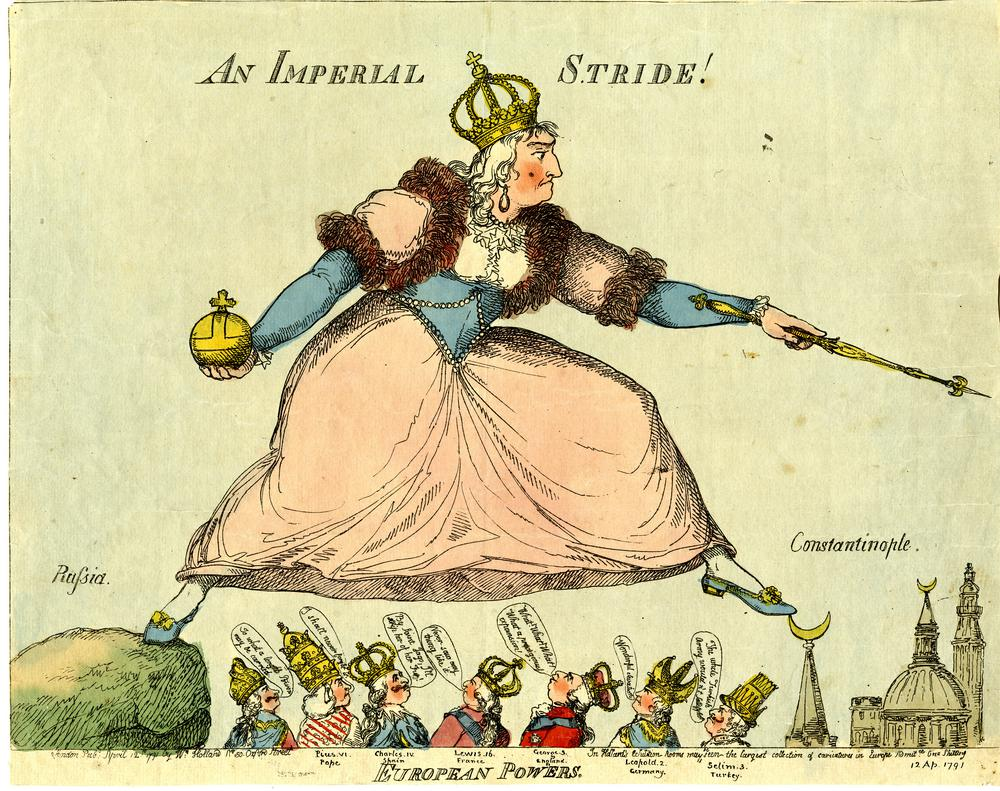April 24th 1066, and Halley's Comet was visible in England, as recorded in the Bayeux Tapestry. It was seen as an omen of great portent. King Harold was quite right to be alarmed!
Saturday, 23 April 2022
Thursday, 14 April 2022
Theology/ Poetry: Dante's Limbo
In Canto IV of the "Inferno", Dante and his guide the Roman poet Virgil have been taken across the River Acheron by Charon the ferryman and have enterd the first circle of Hell, known as "Limbo". Dante is surprised to find there no tormenting demons and only sighs of disappointment rather than screams of agony and despair. Virgil explains the nature of this particular circle. Only baptised Christians, Dante is told, could enter Paradise, and this obviously excludes all those born before the time of Christ (including, of course, Virgil himself), or those living in very remote parts of the world. To inflict torment on such people, when they have themselves lived virtuous lives, would be unjust, so they are spending eternity here. They sigh because they know that Paradise is forever beyond their reach.
To place this idea in context, the "12th century renaissance" had occurred a couple of generations before Dante's time, when educated Europeans had rediscovered the philosophies of Plato and Aristotle, via translations from the Arabic in Moslem-ruled Spain, and had been enthralled by what they read. Attempts were made by Thomas Aquinas and others to reconcile Aristotle with Christianity. The poets of ancient Greece and Rome were also read and admired. It seemed impossible to someone like Dante that such great minds should suffer eternal torment for not being Christians when that was obviously an impossibility.
Therefore, Dante creates for us in Limbo a kind of Elysian Fields, where he finds a vast array of figures from classical antiquity, ranging from Plato, Aristotle and Euclid, through Cicero and Julius Caesar to the Homer and the heroes on both sides of the Trojan War. He never appears to wonder whether such famous men could be considered virtuous in their own lives; he merely assumes it!
Interestingly enough, three famous Moslems are included: Avicenna and Averroes, philosophers from Spain, and Saladin. Such men obviously did have the opportunity of choosing Christianity, but The first two were responsible for introducing Aristotle's ideas to western Europe, whereas Saladin was admired for his chivalrous conduct in his wars against the crusaders. It is all rather illogical, but humane.
A plan of Hell. Limbo is the first circle at the top.
The great poets and philosophers in Limbo.
Sunday, 3 April 2022
Thought for the Day: Russian imperialism
"We don't want to fight, but by jingo if we do,
We've got the ships, we've got the men, we've got the money too.
We've fought the Bear before, and while we're Britons true,
The Russians shall not have Constantinople!"
(English music-hall song, from the Balkans crisis of 1878. For a modern version, perhaps replace "Constantinople" with "Kyiv"?)
British alarm at Russian expansionism goes back a long way. This cartoon from the late 18th century shows the Devil offering the Russian Empress Catherine the Great the cities of Warsaw and Constantinople.
It was Catherine who seized the Crimea, Odessa and neighbouring territories for Russia, which almost led to war with Britain. In this cartoon, Catherine strides from Russia towards Constantinople over the crowned heads of Europe, among whom is George III in red with his blue Garter ribbon.
As it happened, Catherine did grab Warsaw, when the kingdom of Poland was partitioned between the neighbouring powers. She never managed to take Constantinople, but the fact that she had two of her grandsons christened Constantine and Alexander gives a strong hint of her imperial ambitions..
The war referred to in the song above was the Crimean War, fifty years later, when British and French forces, alamed at the apparent Russian threat to Turkey, captured and burnt the port of Sebastopol. The young Leo Tolstoy was there as a junior officer, and described the war in one of his earliest published writings.
The odd thing about Catherine the Great was that she didn't have a single drop of Russian blood in her veins. She was a princess from a minor German state who was chosen as a suitable bride for Peter, the heir to the Russian throne. But when Peter eventually became Tsar in 1762 he proved so useless that after just a few months he was deposed and soon afterwards perished, presumably with official assistance. Catherine then ruled in his place for the next thirty years!
The great historian A. J. P. Taylor always maintained that ideologies played little or no part in actual political behaviour. During the height of the Cold War he argued that Soviet expansionism into the Baltic, the Black Sea and central Europe had nothing to do with any Communist beliefs, but was merely following in the tradition of Russian ambitions going back to Peter the Great and to Catherine. The behaviour of Vladimir Putin in recent years would suggest that Taylor could have been right!





